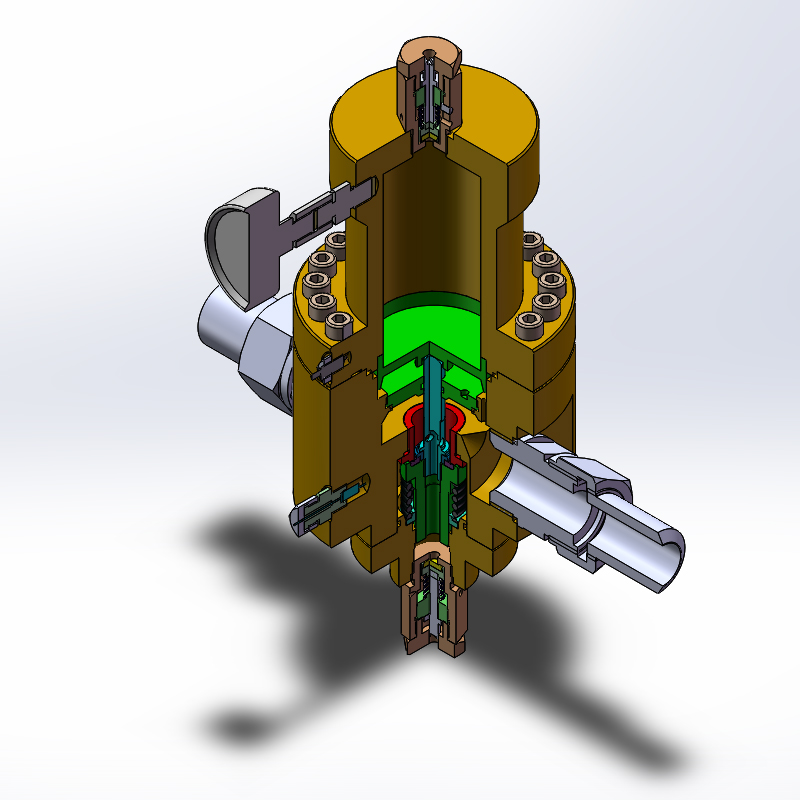
Dec . 01, 2024 13:36
Back to list
Understanding Pressure Pipe Applications and Their Role in Modern Infrastructure
Understanding Pressure Pipes Importance, Applications, and Advantages
Pressure pipes are essential components in various industries, especially in the fields of water supply, wastewater management, and industrial processes. Designed to carry fluids under pressure, these pipes must meet stringent safety and performance standards to ensure durability and reliability. In this article, we will explore the significance of pressure pipes, their applications, and the advantages they offer in modern infrastructure.
The Significance of Pressure Pipes
Pressure pipes are engineered to transport liquids and gases at pressures significantly higher than atmospheric pressure. This characteristic makes them vital for efficient fluid distribution systems. As urban areas expand, the need for reliable water supply and drainage systems becomes increasingly critical. Pressure pipes facilitate the movement of potable water from treatment facilities to homes and businesses, while also handling stormwater runoff and wastewater.
Additionally, pressure pipes play a crucial role in various industrial applications, such as oil and gas transmission, chemical processing, and food production. The ability to safely transport hazardous materials under pressure is essential for minimizing environmental risks and ensuring operational efficiency.
Types of Pressure Pipes
There are several types of pressure pipes, each designed to suit specific applications and operational requirements. Common materials include
1. PVC (Polyvinyl Chloride) Lightweight, corrosion-resistant, and affordable, PVC pipes are often used in residential plumbing, irrigation systems, and drain lines. They can handle moderate pressure and are suitable for transporting water and non-hazardous liquids.
2. HDPE (High-Density Polyethylene) Known for its flexibility and resistance to chemical corrosion, HDPE pipes are ideal for both water supply and industrial applications. They can withstand high pressures and extreme temperatures, making them suitable for underground installations.
3. Ductile Iron Often used in municipal water systems, ductile iron pipes offer exceptional strength and durability. They can handle high-pressure conditions and are resistant to corrosion, ensuring a long service life.
4. Steel Used primarily in the oil and gas industry, steel pipes are capable of withstanding extremely high pressures. They are essential for transporting crude oil, gas, and other high-pressure materials over long distances.
pressure pipe

Applications of Pressure Pipes
The applications of pressure pipes are vast, spanning multiple sectors. In the municipal sector, they are fundamental in delivering clean drinking water and managing sewage. In the industrial arena, pressure pipes are crucial for transporting raw materials and finished products. Furthermore, in agriculture, they are employed in irrigation systems to optimize water use for crops.
Pressure pipes are also integral to fire protection systems, where they transport water to hydrants and sprinkler systems. In the realm of construction, they are used for dewatering, ensuring that work sites remain dry and safe.
Advantages of Pressure Pipes
Investing in pressure pipes offers several advantages
1. Durability Pressure pipes are designed to withstand high pressures and harsh environmental conditions, ensuring a long lifespan.
2. Safety With rigorous testing and standards in place, pressure pipes minimize the risk of leaks and failures, protecting both public health and the environment.
3. Efficiency Properly designed pressure pipe systems facilitate smooth fluid flow, reducing energy consumption and operational costs.
4. Versatility Available in various materials and sizes, pressure pipes can be customized to meet the needs of different applications.
In conclusion, pressure pipes are vital infrastructure components that enable the efficient transportation of fluids under various conditions. Their diverse applications and numerous advantages make them indispensable in modern society, supporting essential services and industrial processes. As technology advances, the development of even more robust and efficient pressure pipe systems will likely continue to play a key role in sustainable development and resource management.
Latest news
-
Safety Valve Spring-Loaded Design Overpressure ProtectionNewsJul.25,2025
-
Precision Voltage Regulator AC5 Accuracy Grade PerformanceNewsJul.25,2025
-
Natural Gas Pressure Regulating Skid Industrial Pipeline ApplicationsNewsJul.25,2025
-
Natural Gas Filter Stainless Steel Mesh Element DesignNewsJul.25,2025
-
Gas Pressure Regulator Valve Direct-Acting Spring-Loaded DesignNewsJul.25,2025
-
Decompression Equipment Multi-Stage Heat Exchange System DesignNewsJul.25,2025

